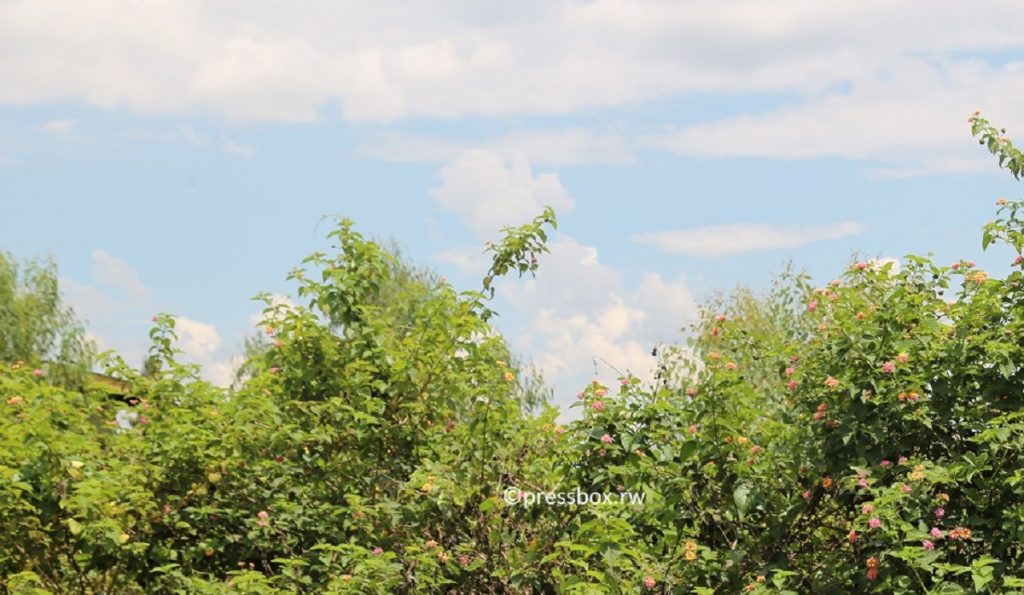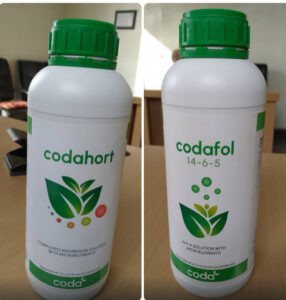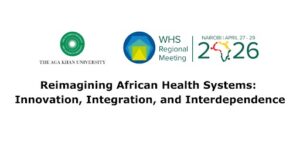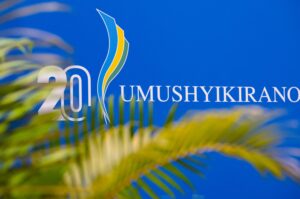Scientists have agreed on the fact that including the young people in building climate-ready communities would result in bringing science closer to society.
On November 12, 2021, Rwanda joined the rest of the World to celebrate the World Science Day 2021 which was held virtually with focus on climate change and its impacts on human societies in Rwanda. It was organized by the Ministry of Education in partnership with the Rwanda National Commission for UNESCO (CNRU).
The purpose of the celebration was to bring science closer to society by highlighting some key scientific aspects and possible solutions provided by science, technology and innovation to some of the major global challenges society is facing today. The discussions featured solutions for building climate-ready communities.
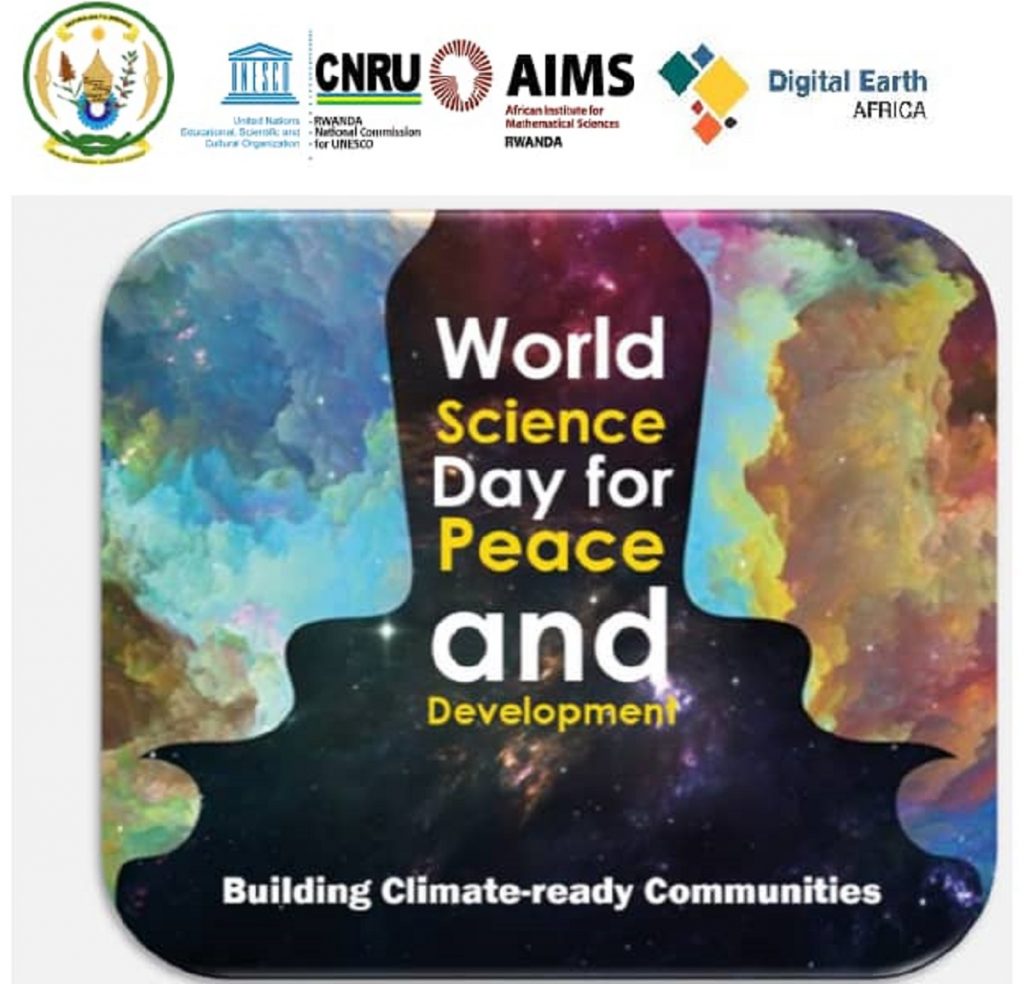
Speaking during the event, while presenting the RCMRD UNESCO Rwanda Space Challenge, Tr.Ir. Leonard SWETA, Principal Geo-Information Training Officer, Regional Center for Mapping of Resources for Development (RCMRD), highlighted the importance of including the youth in Climate-ready communities.
“There is need for ‘Climate Change, Community Livelihoods and benefits of science from early age’, that is, Training the youth to understand the role of science in climate change and food distribution, accessibility and marketing approaches which change with climate related parameters such as temperature drought, food storage or drying and all about the wet, dry seasons,” he said.
The webinar attendees evoked that the climate crisis and environmental degradation are among the most serious challenges facing humanity as a whole, arousing need for in-depth actions which should especially be oriented to the young people to make sure the connection between science and society is enhanced.
“It is important to reflect and amplify the connection between science and society. We have had a number of activities aimed at contributing to the building of a science culture in Rwanda. Outside everyday classroom sessions, we open doors to the young people to come and meet our researchers and other members of AIMS Rwanda,” said Dr Herine Otieno Menya, Director of AIMS Teacher Training Program (TTP)-Rwanda.
She added: “One of the things that I really observed, something like an indication of what we still have to work on, is people’s excitement when we talked about science. We still have to make conversations around science, creating opportunities that bring closer to science”
Different researches affirm that the earth is warming and keep warming, and this causes the various health effects.
According to Dr. Jean de Dieu Murera Gisa, Data Scientist at AIMS Rwanda, the World must work together to eliminate the release of heat-trapping carbon by year 2050 and ideally, by 2040. “To do this, they will need to strengthen their commitments to cut emissions over time for sustainable development (mitigation). Also, develop and putting in place the policies and tools to adapt the climate change in pipeline. Otherwise do nothing and bear the consequences,” reads a statement from his presentation on Climate Change and Air Quality.
According to the recent data, the world is already 1 ◦C (1.8 ◦F) hotter than it was between 1850 and 1900, the pre-industrial era.

